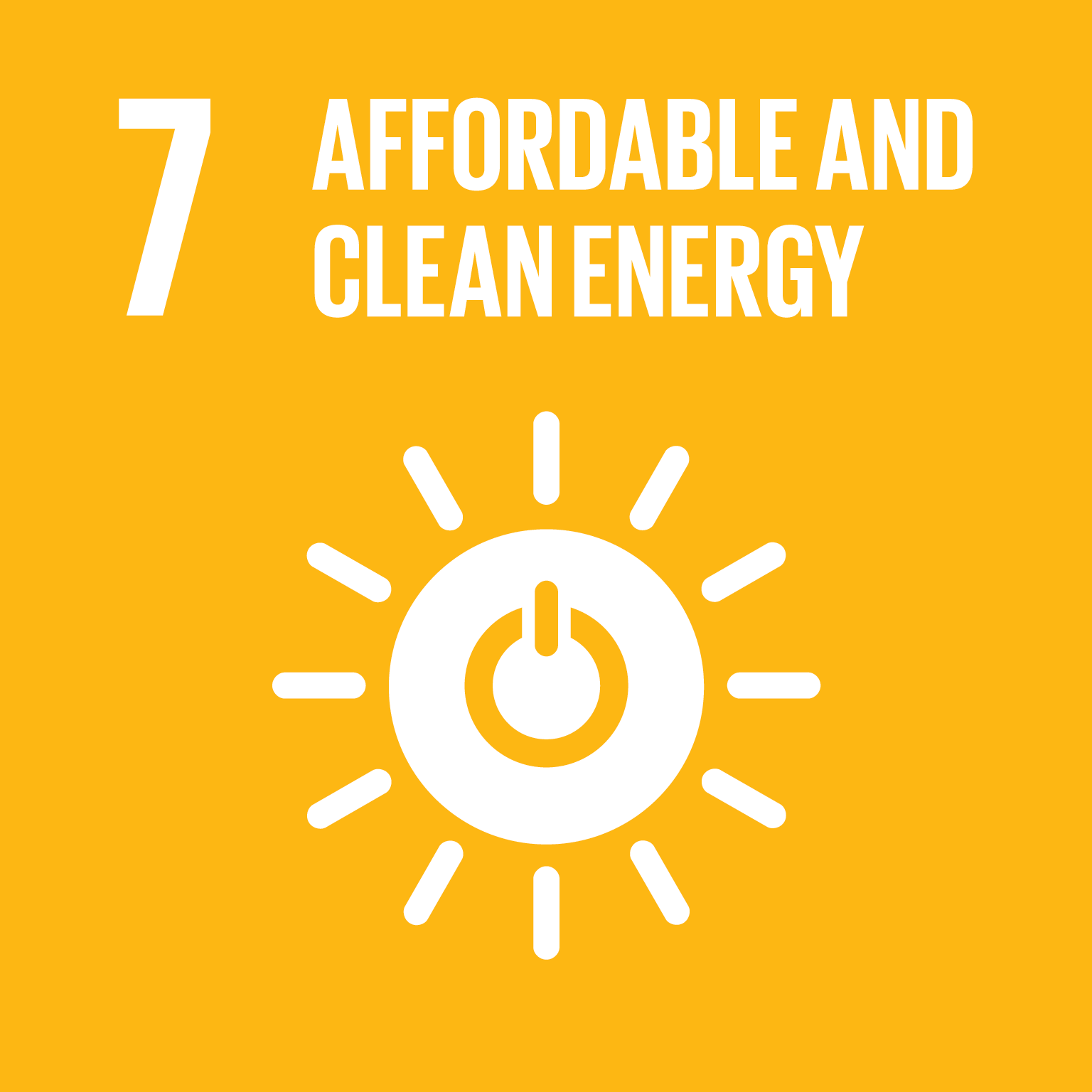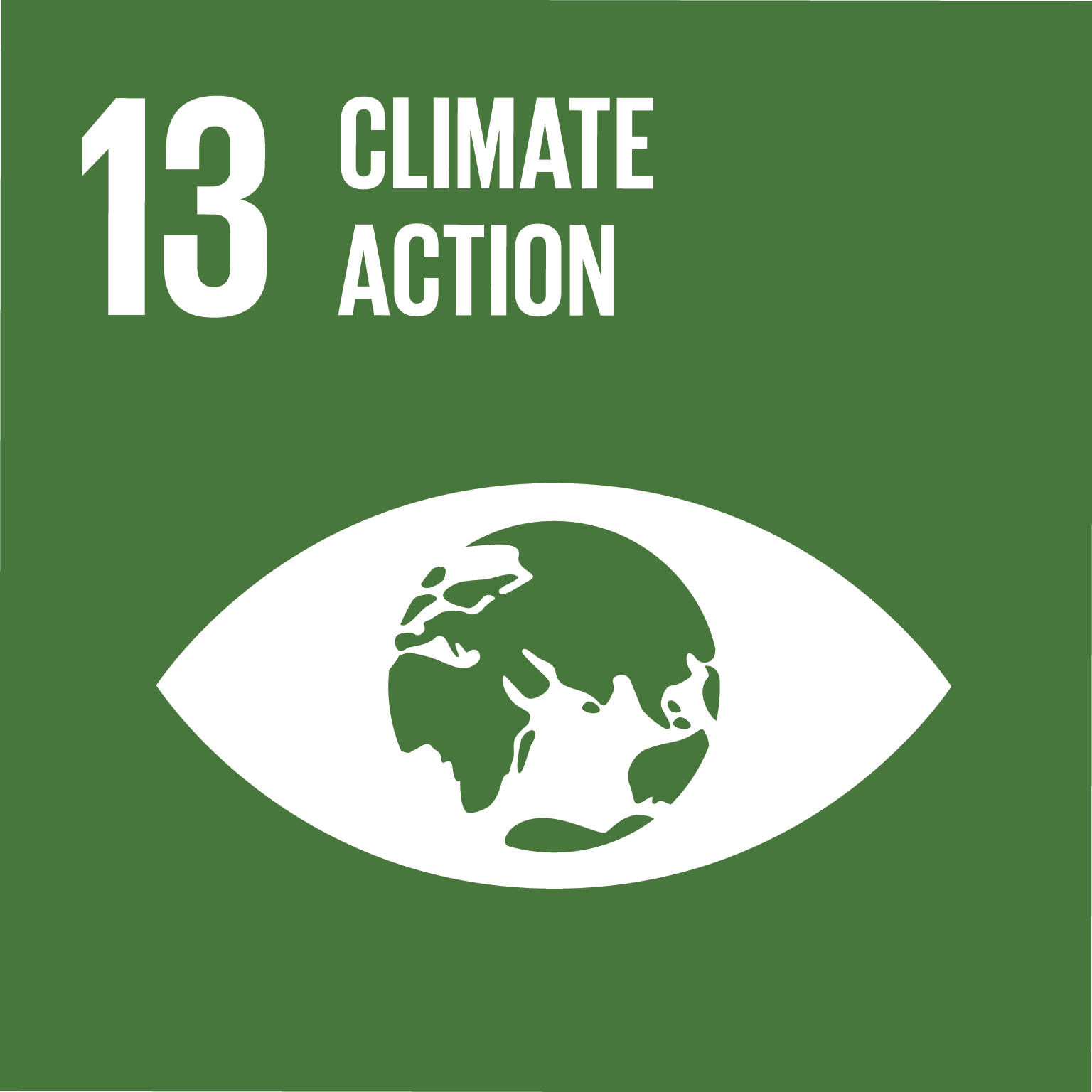Household energy is a basic daily need that is vital for development.
CID members have explored various aspects of energy, energy-related policies and how they relate to development.
Lead: Sefa Awaworyi Churchill
Other researchers: Simon Feeny, Anh Trinh
SDG alignment


Recent publications
- Zhang, Q., Appau, S., & Kodom, P. L. (2021). Energy poverty, children's wellbeing and the mediating role of academic performance: Evidence from China. Energy Economics, 105206.
- Awaworyi Churchill, S., Inekwe, J., and Ivanovski, K. (2020) “Stochastic convergence in per capita emissions: Evidence from emerging economies, 1921-2014” Energy Economics, vol 86, No. 104659, pp. 1-11
- Awaworyi Churchill, S., Inekwe, J. and Ivanovski, K. (2018) “Conditional convergence in per capita CO2 emissions since 1900” Applied Energy, vol 228, pp. 916-927
- Bhattacharya, M., Awaworyi Churchill, S., and Paramati, S. R. (2017) “The dynamic impact of renewable energy and institutions on economic output and CO2 emissions across regions” Renewable Energy, vol 111, pp. 157-167
Work in Progress
- Munyanyi, M. E., and Awaworyi Churchill, S. (2020) “Foreign Aid and energy poverty: sub-national evidence from Senegal


